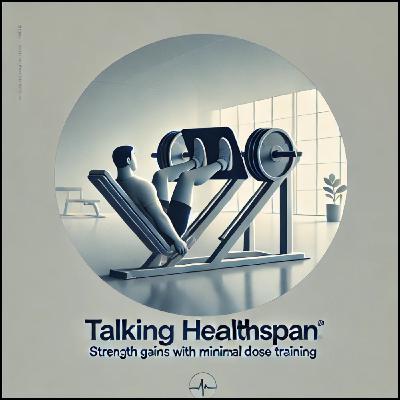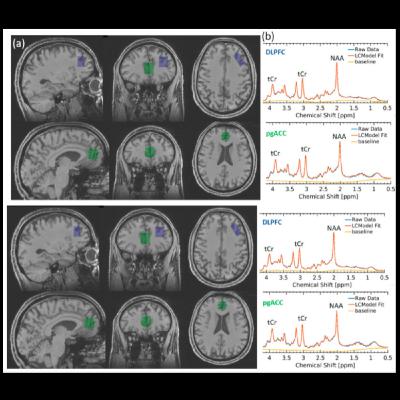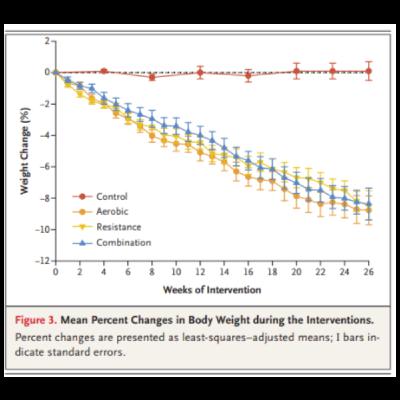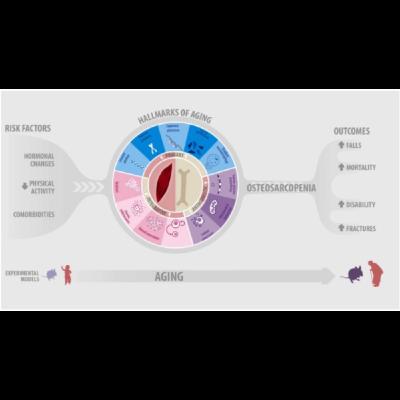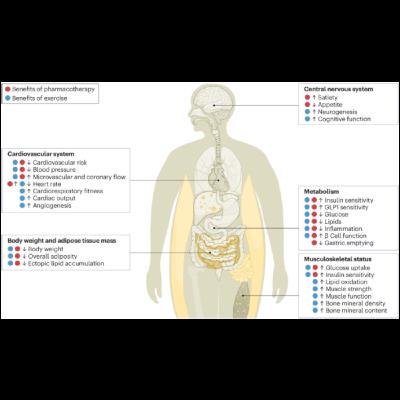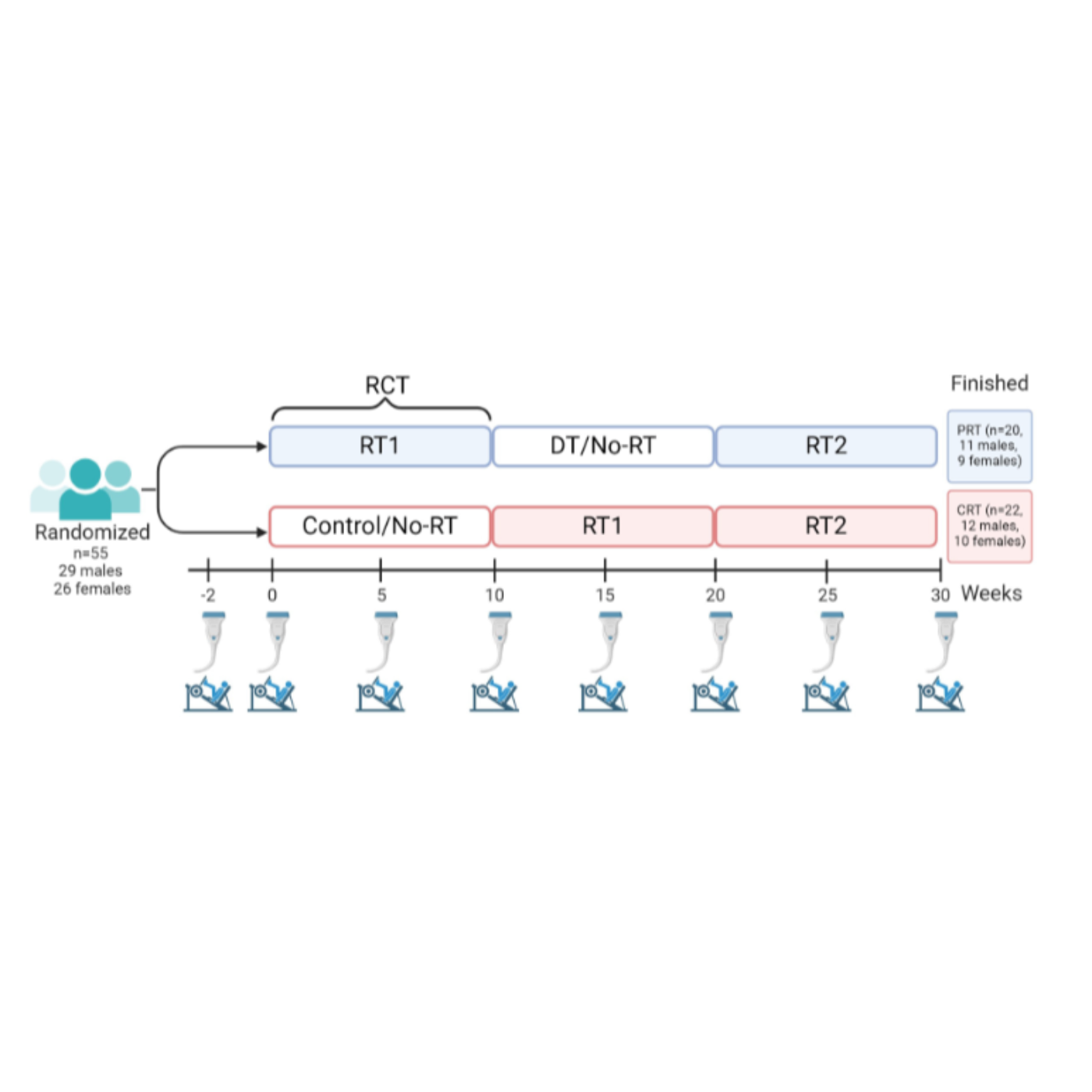Long-Term Strength Adaptations to Minimal Dose Resistance Training
Update: 2024-10-03
Description
Key Themes:
- Minimal Dose Resistance Training Effectiveness: The study aimed to assess the long-term effectiveness of minimal dose resistance training, which is a key component of public health guidelines, promoting long-term engagement.
- Longitudinal Strength Adaptations: Few studies have investigated long-term strength changes with resistance training. This study aimed to address this gap by examining strength development over a longer period than typically explored in intervention studies.
- Plateau Phenomenon: Previous research, primarily in athletic populations, has suggested a "plateau" in strength gains after several years of training. This study examined this phenomenon in a large cohort engaged in a standardized minimal dose program.
- Generalizability of Findings: The study explored the generalizability of its findings by applying similar models to publicly available datasets of powerlifters and recreational weightlifters.
Important Ideas and Facts:
- Study Design: Retrospective longitudinal growth modeling analysis of training records from 14,690 participants (60% female, aged 48±11 years).
- Training Protocol: Highly standardized minimal dose resistance training protocol (once weekly, 6 exercises, 1 set per exercise, repetitions to momentary failure with slow repetition durations).
- Strength Outcome: Training load used during exercise sessions served as the proxy for strength, justified by the relationship between maximal strength and load lifted to momentary failure.
- Statistical Analysis: Mixed effects growth modeling with time (natural logarithmic transformation of weeks) as the predictor.
- Main Findings:Strength increased rapidly in the first year, reaching approximately 30-50% gains.
- Gains plateaued after approximately 1-2 years, with strength stabilizing at around 50-60% above baseline even after 6 years.
- Support for Minimal Dose: "Considering this, our results support public health recommendations for minimal dose resistance training for strength adaptations in adults."
- Plateau as a Robust Phenomenon: Analysis of powerlifting and recreational weightlifting datasets showed similar linear-log relationships between strength and time, suggesting that the plateau phenomenon is not unique to the specific minimal dose protocol used in the study.
- Implications for Aging: The maintenance of strength gains over 6 years is particularly relevant for older adults who experience age-related strength declines. The findings support the concept of "bending the aging curve" through long-term resistance training.
Suggested reading:
Long-Term Time-Course of Strength Adaptation to Minimal Dose Resistance Training Through Retrospective Longitudinal Growth Modeling
Comments
In Channel

